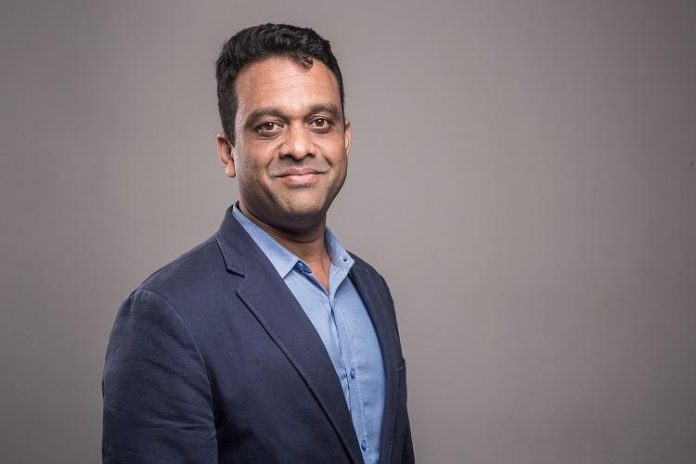The pandemic has enabled a complete changeover of the business and adoption of digital business is at a peak and we expect the pace to be retained post the pandemic with rapid changeover of the way education is happening in the country.
This is an exclusive interview conducted by Santosh Vaswani, Content Writer & Editor at CIO News with Ajay Kumar Meher, Group CIO at Ampersand Group
When asked about his role and key business priorities as a CIO at Ampersand Group, Ajay Kumar Meher, Group CIO at Ampersand Group, in an exclusive interview with CIO News said, as a Group CIO my key priority is to build and enhance the digital business of the group by creating digital products that can be used for various purposes. It is primarily in the segment where we are creating business to Government (B2G) and business to business (B2B) products, in the line of education, consulting, and skilling. We have built Ed-tech OTT, which is helping learners with their training need as a self-study platform. Apart from this building digital transformation enterprise-level applications and school ERP is a part of my role. Our group has around 40 schools and more than 50,000 students, so another core product to be built will help us to digitally connect our campuses and make them “smart campuses”. This will digitally enable the student lifecycle and embed technology with all our process, may it be curriculum planning, content creation, academic team or marketing team will be able to use the latest technology for school admissions and many other things.
When asked about his career path as a CIO in the education industry, he said, “My core endeavour is to lead or be a technology leader from a digital transformation point of view or digital enablement point of view”. “I always look into the businesses that are doing more on the line of digital”. Before Ampersand Group, I was with Sony Pictures Networks India, where I built the digital product – SonyLIV and did a many digital transformations project for broadcast and OTT business. So, my endeavour has always been to look into the business industry where digital is the core way of looking at things. My career orientation is to do more and more in the line of digital transformations, digital business enablement, product development, product up-skill, which can be consumed by the end consumer.
When asked about the challenges faced while implementing digital technologies in the education industry and his plans to overcome those challenges, he said, wherever you have a traditional business, to build a digital business, the first level of challenge is change management within internal stakeholder. If you are a digitally-born business then this is not a challenge, but if you have a traditional business and if you want to transform something on the line of digital, then your traditional business always gets questioned. So, to manage that aspect – the mind-set of the stakeholders become a challenge.
The second challenge is that the digital business is cost-intensive because the digital business needs to be nurtured and so it requires an investment and the profits cannot be expected immediately. So, how to manage the initial cost? Will the organisation will take care of the investment or are looking towards it as a transactional business is a key aspect to look into it.
The third challenge is the skill enhancement in every part of the organisation. If you have a traditional business, your organisation’s processes are in line with it. Digital business will require different kinds of skills and there should be effort in building the skills for all functions is the key.
Typically, in this scenario, you require co-operation from everyone as it is a complete 360-degree strategy when you are getting into a digital business. Speaking of all this, a proper strategy and a plan to work towards it is the key activity, as it is the journey of the entire organisation. All the teams need to be re-tuned towards digital business. The HR department should know that what kind of criteria they should be looking at while hiring new people. Even the management development programme (MDP) needs to be tuned and the management team needs to be re-tuned for digital business. So, everyone needs to get into the zone of digital mind-set, which is critical.
When asked about his advice, best practices, or industry trends he would like to suggest for fellow CIOs, he said, “I think today the CIOs are already getting into the zone of digital mind-set and there is no lack of awareness”. People are knowledgeable, aware, and are investing their energy to get into the digital zone and we are in great shape as a country because with most of the organisations now there will be great stories of digital journeys. So, I think we should be taking this journey together and learn from each other, apart from the processes which is the competitive advantages for the organization.
He said, it is necessary to invest more time and educating every organisation on the importance of going digital. As COVID has taught us the hard way, every business is now in the zone of sustaining itself. We have already started our digital journey at a great pace and we should continue that and not be slowing down the pace and take it to the next level post the pandemic era.
Also read: CIO News interviews Shri Wangki Lowang, Minister (IT) of Arunachal Pradesh
Do Follow: CIO News LinkedIn Account | CIO News Facebook | CIO News Youtube | CIO News Twitter






